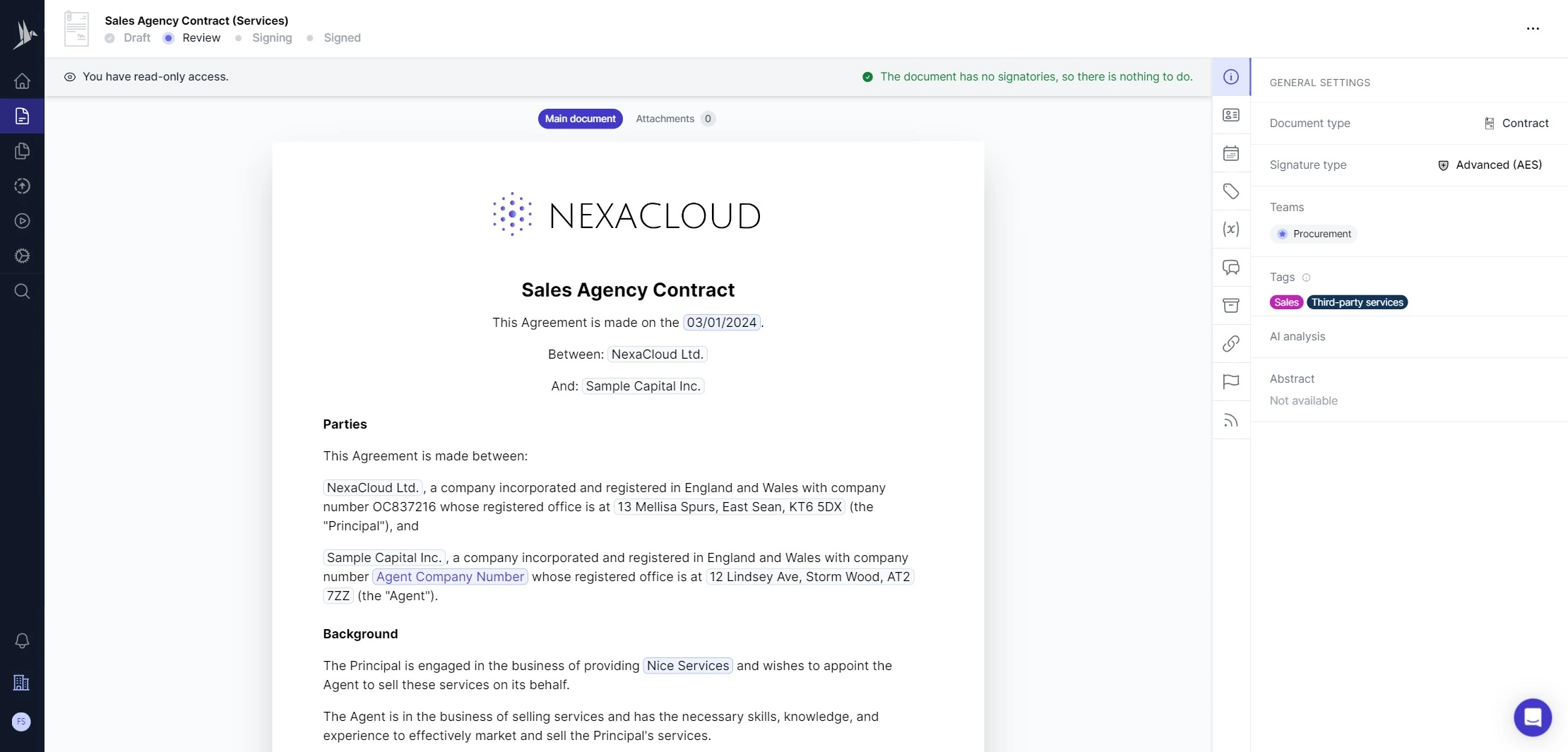Contract management glossary
All you need to know related to contract management, including terms and abbreviations relevant to your use of fynk, including illustrations, examples and best practices.
Boost your productivity. Get started with fynk today.
Companies using fynk's contract management software get their work done faster than ever before. Ready to give valuable time back to your team?
Schedule demo


